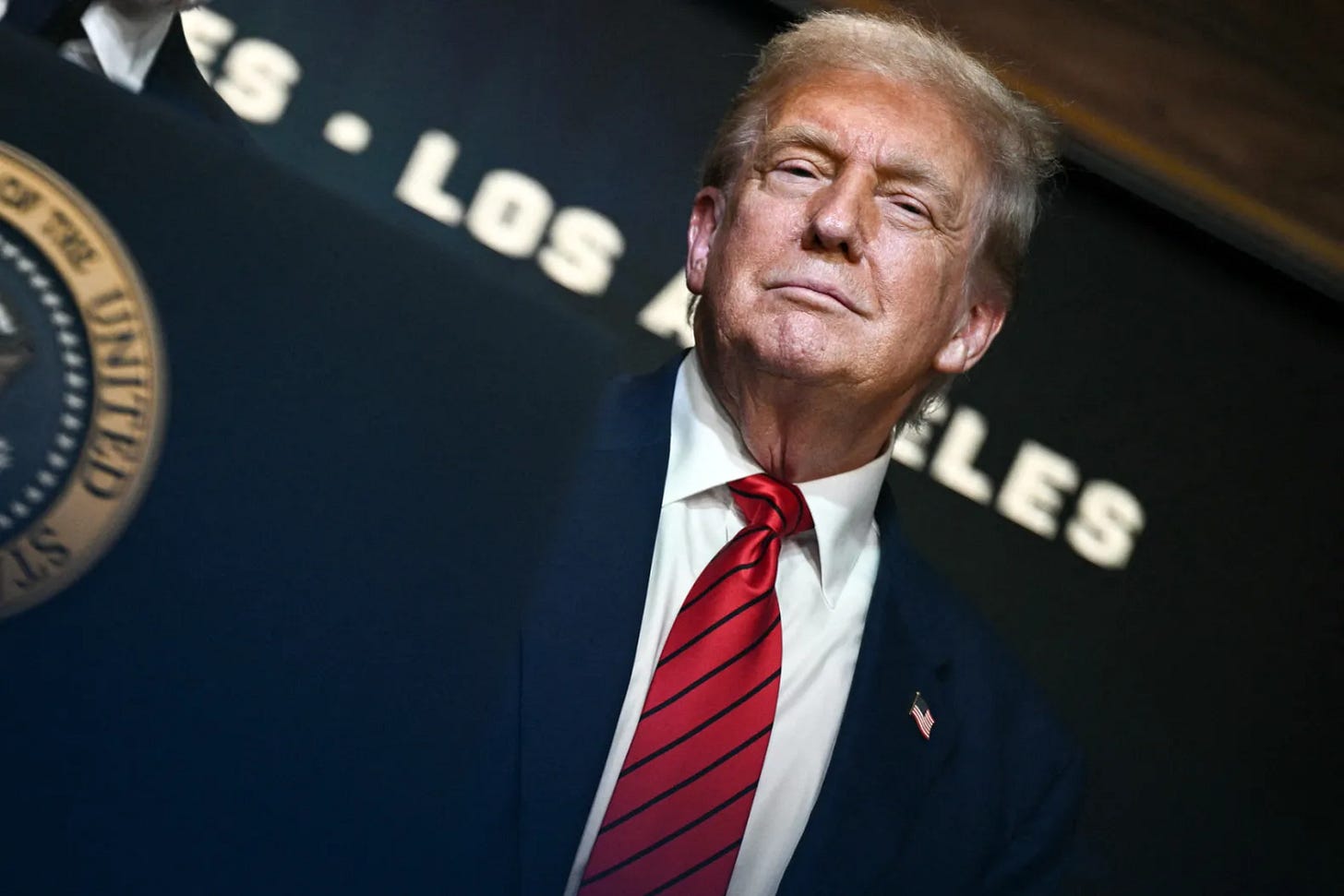Trump Administration Plans Covert Military Operations Inside Mexico
Washington prepares extraterritorial operations despite sovereignty concerns, raising fears of regional escalation and covert military overreach
United States, PUREWILAYAH.COM — The Trump administration is quietly preparing a covert mission to deploy U.S. troops and intelligence officers inside Mexico to target drug cartels, according to current and former U.S. officials cited by NBC News — a move that would mark a dramatic expansion of American military activity on foreign soil and threaten Mexico’s sovereignty.
The proposed operation could involve drone strikes and U.S. special forces acting under Title 50 covert action authorities, blurring the line between intelligence operations and military intervention. Training for the mission has reportedly begun, though officials say no final decision has been made.
If green-lighted, the operation would represent a significant break from previous U.S. policy and extend the administration’s doctrine of unilateral force against groups Washington designates as security threats — regardless of international boundaries or foreign consent.
Direct U.S. Action Inside Mexico Considered
The administration has stated it will not necessarily seek public coordination with Mexico, indicating willingness to act unilaterally.
A senior official defended the approach, arguing the U.S. is “committed to utilizing an all-of-government approach” against cartels.
The CIA declined to comment, while the Pentagon referred questions to the White House, underscoring the secrecy surrounding the mission.
Earlier this year, the State Department designated six Mexican cartels, MS-13, and the Tren de Aragua gang as “foreign terrorist organizations,” enabling expanded covert action powers for U.S. forces.
Planned strikes inside Mexico would reportedly target drug labs and cartel leaders. Some drones under consideration would require operators near Mexican territory — further signaling boots on the ground.
Mexico Rejects U.S. Intrusion, Reaffirms Sovereignty
Mexican President Claudia Sheinbaum dismissed the prospect of unilateral U.S. action, delivering a firm response:
“We reject any form of intervention or interference… Mexico coordinates and collaborates, but does not subordinate itself.”
Despite the U.S. signaling a preference for cooperation, officials have notably not ruled out acting without Mexico’s approval — a stance that resonates as yet another example of Washington asserting power beyond its borders.
Sheinbaum has authorized expanded CIA surveillance flights and deployed 10,000 troops to the border, while extraditing 55 cartel figures and increasing fentanyl seizures — steps reflecting cooperation without capitulation.
Trump has praised Sheinbaum publicly, yet simultaneously claimed “Mexico is run by the cartels,” a statement critics say reinforces Washington’s long-standing strategy of securitization and external pressure in Latin America.
Extending U.S. Operations Already Underway in the Region
The Mexico plan follows U.S. strikes on alleged drug-smuggling boats near Venezuela, where 16 vessels have been hit since September and 64 people reportedly killed — without Washington presenting evidence regarding narcotics or identities.
The administration maintains that traditional law-enforcement methods have failed. It has tied its militarized approach to a broader narrative of combating organized crime in Mexico, Venezuela, and beyond, and placed a $50 million bounty on Venezuelan President Nicolás Maduro.
Officials insist the planned Mexico mission would not undermine Sheinbaum’s government, though internal debate reportedly continues over the scope and legality of such operations.
Regional Alarm and Legal Questions
The U.S. decision to treat cartels as terrorism-linked targets and deploy lethal force has sparked concerns about:
International law violations
Civilian harm under covert authority
Expansion of U.S. military power in Latin America
Diplomatic fallout across the region
Human rights advocates and legal experts warn such actions risk setting dangerous precedents for extraterritorial strikes. Mexico and regional governments have signaled unease, aware that unilateral U.S. operations have historically strained Latin American sovereignty.
As debate continues in Washington, Latin American observers caution that renewed U.S. militarization — presented as anti-narcotics policy — risks inflaming tensions and reviving interventionist dynamics long rejected across the hemisphere. (PW)


